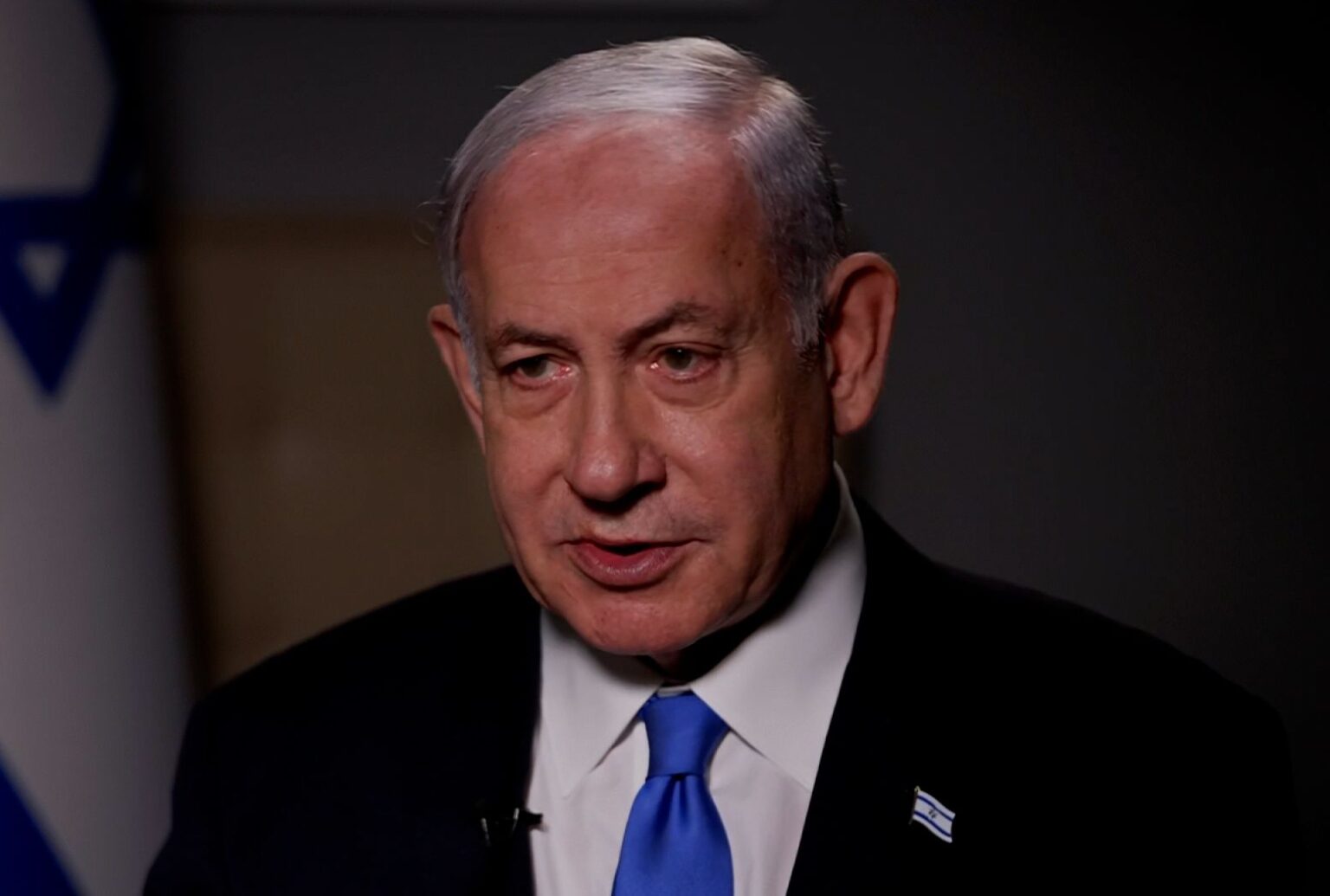Israeli Prime Minister Benjamin Netanyahu has proposed that a future Palestinian state could be established in Saudi Arabia, a suggestion that has sparked significant international debate and concern.
Background
The Israeli-Palestinian conflict has been a central issue in Middle Eastern politics for decades. Efforts to establish a Palestinian state alongside Israel have been central to peace negotiations. Recently, discussions have intensified, with various proposals emerging to address the longstanding conflict.
Netanyahu’s Proposal
In a recent statement, Prime Minister Netanyahu suggested that Saudi Arabia could serve as the location for a future Palestinian state. He emphasized that this proposal aims to provide Palestinians with a homeland while ensuring Israel’s security. Netanyahu stated, “Establishing a Palestinian state in Saudi Arabia would offer Palestinians the opportunity for self-governance without compromising Israel’s safety.”
International Reactions
The proposal has elicited a range of responses from the international community:
- Saudi Arabia: The Saudi government has not officially commented on Netanyahu’s suggestion. However, Saudi officials have previously expressed support for a Palestinian state with East Jerusalem as its capital, indicating a preference for a solution within the traditional Palestinian territories.
- Palestinian Authority: Palestinian leaders have rejected the idea of establishing a state outside the traditional borders, viewing it as a denial of their historical and territorial rights. A Palestinian official remarked, “The establishment of a Palestinian state in Saudi Arabia is not a viable solution and does not address the core issues of the conflict.”
- United States: The U.S. administration has expressed concern over the proposal, emphasizing the need for a solution that respects Palestinian aspirations for self-determination within the 1967 borders. A State Department spokesperson stated, “The United States supports a two-state solution based on the 1967 lines, with mutually agreed land swaps.”
Implications
Netanyahu’s suggestion raises several critical questions:
- Feasibility: Establishing a Palestinian state in Saudi Arabia would require significant logistical, political, and social adjustments. The relocation of millions of Palestinians to a new country presents immense challenges.
- Regional Stability: The proposal could alter the geopolitical landscape of the Middle East, potentially affecting relations between Israel, Saudi Arabia, and other neighboring countries.
- Palestinian Rights: The idea has been criticized for potentially undermining the rights and aspirations of Palestinians who seek self-determination in their historic homeland.
Conclusion
Prime Minister Netanyahu’s proposal to establish a Palestinian state in Saudi Arabia introduces a new dimension to the Israeli-Palestinian peace process. While it aims to address the aspirations of Palestinians for self-governance, it also faces significant opposition and challenges. The international community continues to advocate for a solution that respects the rights and aspirations of all parties involved, emphasizing the importance of negotiations and mutual agreement in achieving lasting peace.
Do follow gulf magazine on Instagram.
for more information click here



